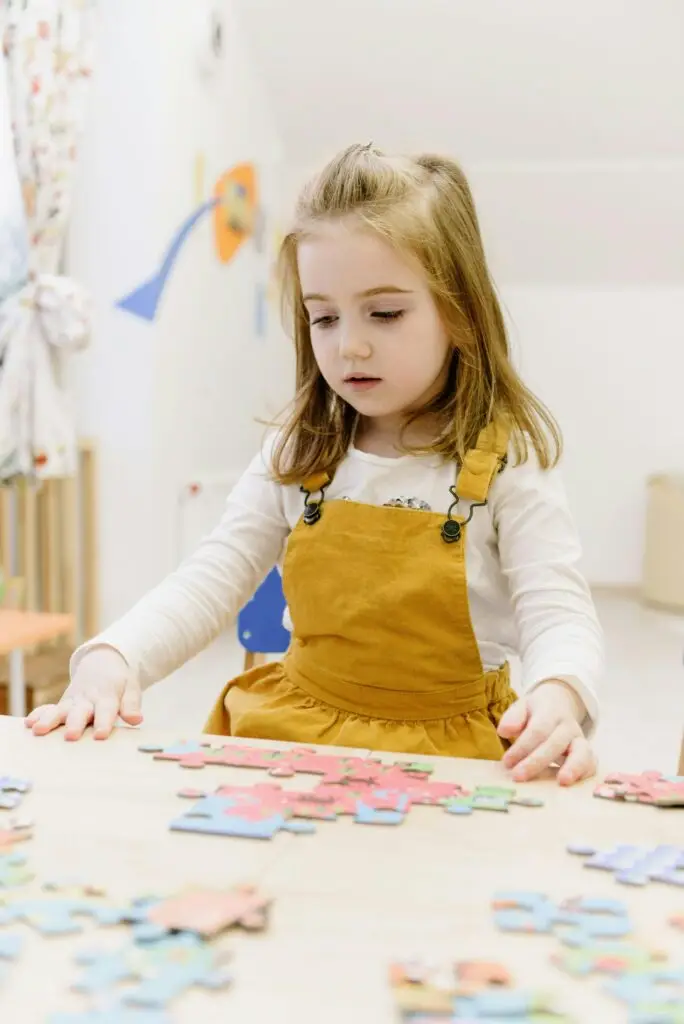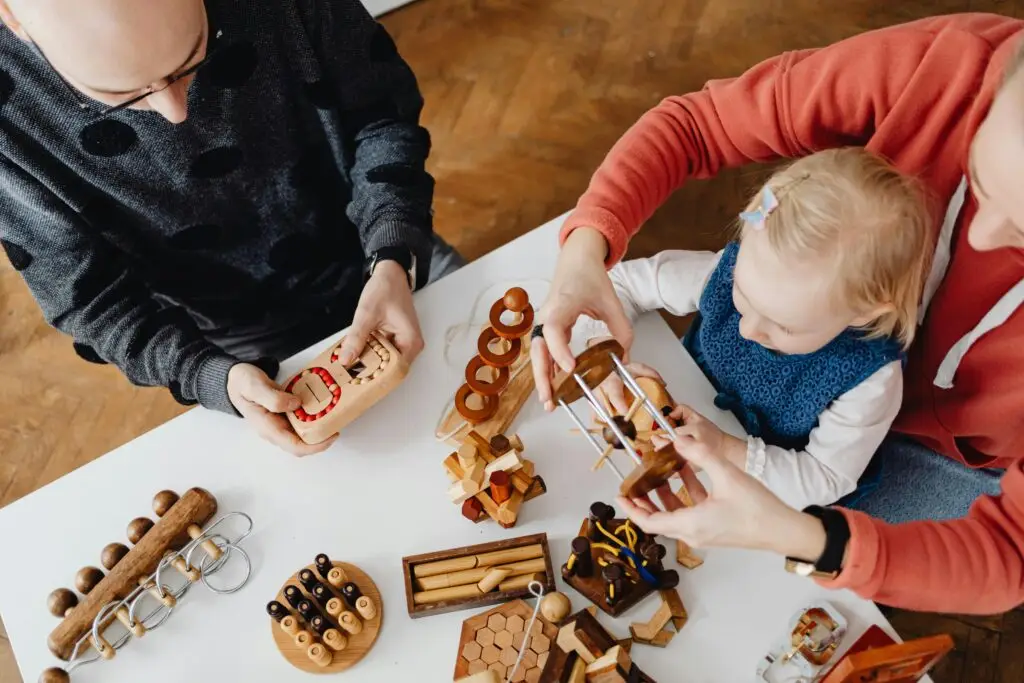Language is the key to understanding and connecting with the world. For toddlers, developing strong language skills during their formative years lays the foundation for their cognitive, social, and emotional growth. Parents and early educators play a vital role in fostering these skills, and with the right strategies, you can make a significant impact on a child’s development.
This blog explores the milestones of language development in toddlers, activities to nurture their vocabulary, practical tips for creating a language-rich environment, the role of technology, and much more.
If you’re a parent or early educator wondering, “How can I teach my toddler words?” or “What helps language development in early childhood?”, this guide is for you!

Understanding Language Development in Toddlers
Milestones in Language Development
Language development in early childhood follows predictable stages, though every child progresses at their own pace. Here are key language milestones to track:
- 12 to 18 months
- Using simple words such as “mama” and “cookie.”
- Imitating sounds, gestures, or words they hear regularly.
- Beginning to name objects in their environment.
- 18 to 24 months
- Combining two or three words to form short phrases like “more juice.”
- Growing their receptive vocabulary—they can understand more words than they can speak.
- 2 to 3 years old
- Expanding into simple sentences like “I want cookie.”
- Recognizing and naming everyday objects, people, and actions.
- Enjoying rhymes and beginning to identify objects in simple stories.
Wondering if “Can 3-year-olds talk fluently?” Many children still have some difficulty pronouncing sounds correctly or forming long sentences at this age, but they should be actively building vocabulary.
Factors That Can Affect Language Skills
Language development isn’t always smooth sailing. Several factors may influence a toddler’s progress, including:
- Home Environment: Language-rich households promote faster vocabulary growth.
- Hearing and Speech Challenges: Issues like hearing impairments or speech delays may require early intervention.
- Interaction Opportunities: Frequent communication with adults and peers accelerates development.
- Access to Books and Learning Materials: Reading aloud to toddlers introduces them to new sounds and words.
“Language development in early childhood is critical for future success, influencing not only cognitive skills but also social and emotional well-being,” explains Dr. Jane Doe, Professor of Child Development.
Activities to Enhance Toddlers’ Language Skills
1. Reading and Storytelling
Reading aloud is one of the most effective ways to boost a toddler’s language abilities.
- Choose books with simple language and colorful illustrations.
- Pause to ask your child questions like, “What do you see on this page?”
- Encourage them to predict what will happen next in the story.
Case Study: A daycare center implemented a daily reading program and saw a 40% improvement in vocabulary among participating toddlers within six months.
2. Singing and Music
Music engages toddlers in a playful way, encouraging word repetition and rhythm recognition.
- Sing nursery rhymes such as “Twinkle, Twinkle, Little Star” or “Row, Row, Row Your Boat.”
- Incorporate hand movements or clapping to make it interactive.
- Play age-appropriate playlists featuring educational songs.
Educator Anecdote: One teacher shared the story of a child who began speaking short phrases after participating in regular singing activities.
3. Conversational Games and Activities
Interactive activities build natural, conversational flow. Try these ideas:
- Simon Says to teach simple commands like “Touch your nose.”
- Point-and-name games with household objects like “Where is the spoon?”
- Pretend play, like cooking or hosting a tea party, to introduce action-oriented words.
“Conversational interactions play a significant role in language development. Encourage back-and-forth conversations with your child, even from a young age,” says Dr. Lily Chen, Pediatric Speech-Language Pathologist.

Tips for Parents and Educators
Create a Language-Rich Environment
- Label household items, such as “chair,” “lamp,” or “cup.”
- Narrate daily activities, saying, for example, “I’m cutting the apple now.”
- Introduce new vocabulary through descriptions like “The sky looks turquoise today!”
Incorporate Language-Enhancing Activities into Daily Routines
- Use mealtimes as an opportunity to discuss food colors, flavors, or textures.
- Talk to your child during car rides, describing sights along the way.
- Transform clean-up tasks into name-every-toy games, turning chores into education.
“Reading to and with your toddler daily is one of the most effective ways to support their language and literacy development,” notes Dr. John Smith, Early Childhood Education Specialist.
The Role of Technology in Language Development
Pros and Cons of Technology
While technology isn’t a substitute for human interaction, it can play a supplementary role in language learning.
- Pros:
- Interactive apps offering word games or storytelling.
- Video call platforms allow families to bond and communicate with toddlers.
- Cons:
- Excessive screen time reduces face-to-face interactions.
- Passive media consumption (like watching cartoons) offers limited engagement.
“While technology can be a valuable tool in language development, it should never replace the richness of human interaction and real-world experiences,” emphasizes Dr. Michael Lee, Child Psychologist.
Recommended Digital Resources
- PBS Kids: Engaging apps and interactive stories for toddlers.
- Endless Alphabet (app): Introduces sight words alongside animated visuals.
- Speakaboos (app): Combines illustrated books with audio narration.
Encouraging Language Development in Toddlers
Language development during early childhood gives toddlers the tools they need not just for school readiness but also for building confidence in social situations. Whether you’re engaging in interactive stories or designing a language-rich learning space, each small action counts.
Remember, consistency is key! Share this guide with fellow parents and early educators looking to learn how to teach toddlers words. Together, we can make language learning accessible and fun for every child.
Looking for more strategies? Stay tuned for our next post on speech delays and interventions!



